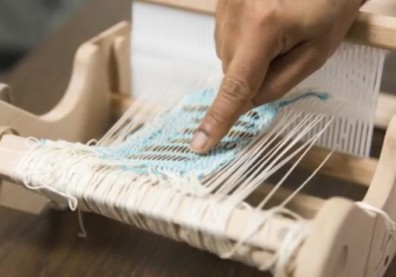Scientists at the University of Central Florida have created a supercapacitor battery prototype that could charge a mobile phone in a few seconds. The new technology works like new even after being recharged 30,000 times.
The research initiated by UCF's NanoScience Technology Center could be the solution to battery-charging woes and could replace batteries. The supercapacitor is said to be capable of emanating power that lasts 20 times longer than regular lithium-ion batteries, reports Engadget.
"If they were to replace the batteries with these supercapacitors, you could charge your mobile phone in a few seconds and you wouldn't need to charge it again for over a week," said UCF's Nitin Choudhary. The research team at the University of Central Florida concluded that the process could be used in other electronic gadgets besides phones. Moreover, supercapacitor technology can be applied to electric vehicles to halt disturbances in power and speed.
How The Supercapacitor Makes Charging Faster
Supercapacitors stock up electricity statically on the surface of a material unlike batteries, which use chemical reactions to work. Researchers at UCF began experimenting with two-dimensional metal materials that are merely a few atoms thick. The supercapacitors are made up of highly-conductive nanowires that are wrapped with those materials so that electrons can pass faster from the core to the shell.
As a result, high energy and power densities are produced. "We developed a simple chemical synthesis approach so we can very nicely integrate the existing materials with the two-dimensional materials," said principal investigator Eric Jung.
Scientists Are Working to Patent The Supercapacitors
At the University of Central Florida website, Jung mentioned the team's plans in patenting the new process. The assistant professor said that the supercapacitor technology is not ready for commercialization as of now. However, the study is a proof-of-concept demonstration that shows a promising impact to many technologies.






